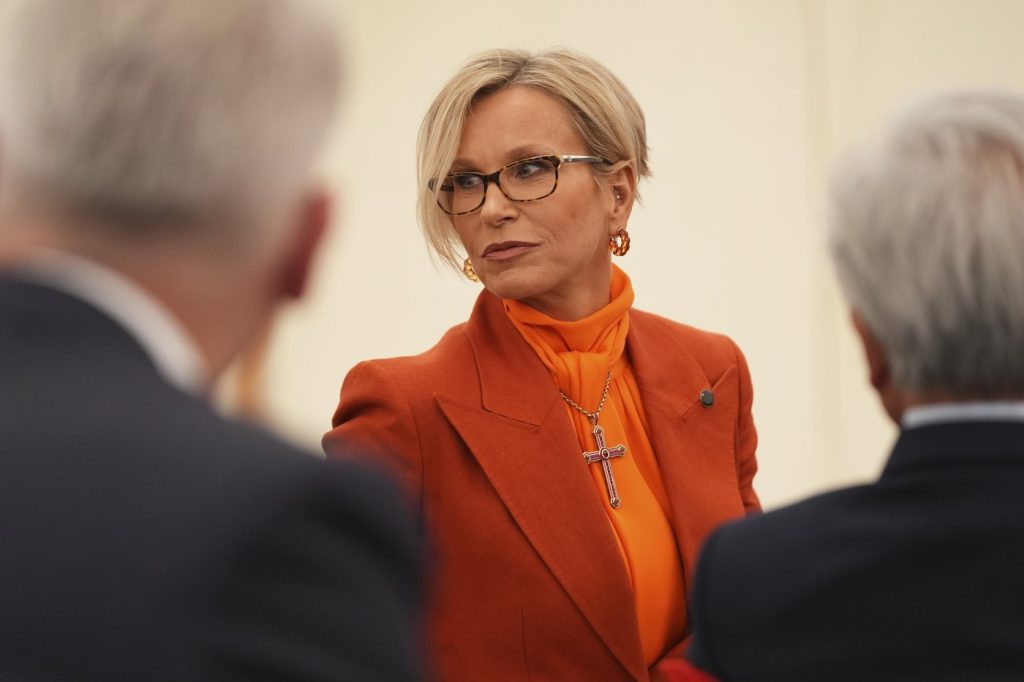LONDON (AP) — Emma Walmsley, the Chief Executive of GSK, is set to step down from her position on December 31 after more than eight years of leadership at the London-based pharmaceutical company. Making history as the first woman to lead a major pharmaceutical firm, Walmsley has overseen several critical developments during her tenure.
In a statement released on Monday, GSK announced that Luke Miels, who is currently serving as the company’s chief commercial officer, will take over the role of CEO. This transition is a significant change in leadership for GSK, which has navigated both successes and challenges under Walmsley's guidance.
Under Walmsley’s leadership, GSK achieved notable strategic milestones, including the spinoff of its consumer healthcare business, Haleon. However, despite these accomplishments, the company's stock performance has left a lot to be desired, disappointing many investors. Following the announcement of Walmsley’s departure, GSK's shares rose by 3.3%, reaching 1534.50 pence, making it the top gainer on the London Stock Exchange during early trading hours.
It is essential to note that GSK’s share price has actually fallen by 11% since Walmsley took the helm on April 1, 2017. Derren Nathan, head of equity research at the UK-based investment firm Hargreaves Lansdown, commented on the situation in a note to investors, expressing his perspective on the mixed results of Walmsley's tenure. He remarked, “Despite the progress, the share price performance has been lackluster.”
Nathan highlighted that although Walmsley has been successful in meeting financial guidance consistently, the growth rates of the company have remained stagnant in the single-digit range. This stagnation has contributed to the overall disappointment felt by investors regarding GSK's market performance during her leadership.
As GSK prepares for this substantial transition, the focus will be on Luke Miels and how he plans to navigate the company through its existing challenges while leveraging its previous successes. It remains to be seen how this change in leadership will impact GSK’s direction and performance in the competitive pharmaceutical landscape.
Looking ahead, Miels will inherit a company that, while having made strategic strides, must also address the ongoing concerns of its investors. The hope is that with new leadership, GSK can enhance its growth trajectory and restore investor confidence moving forward.











